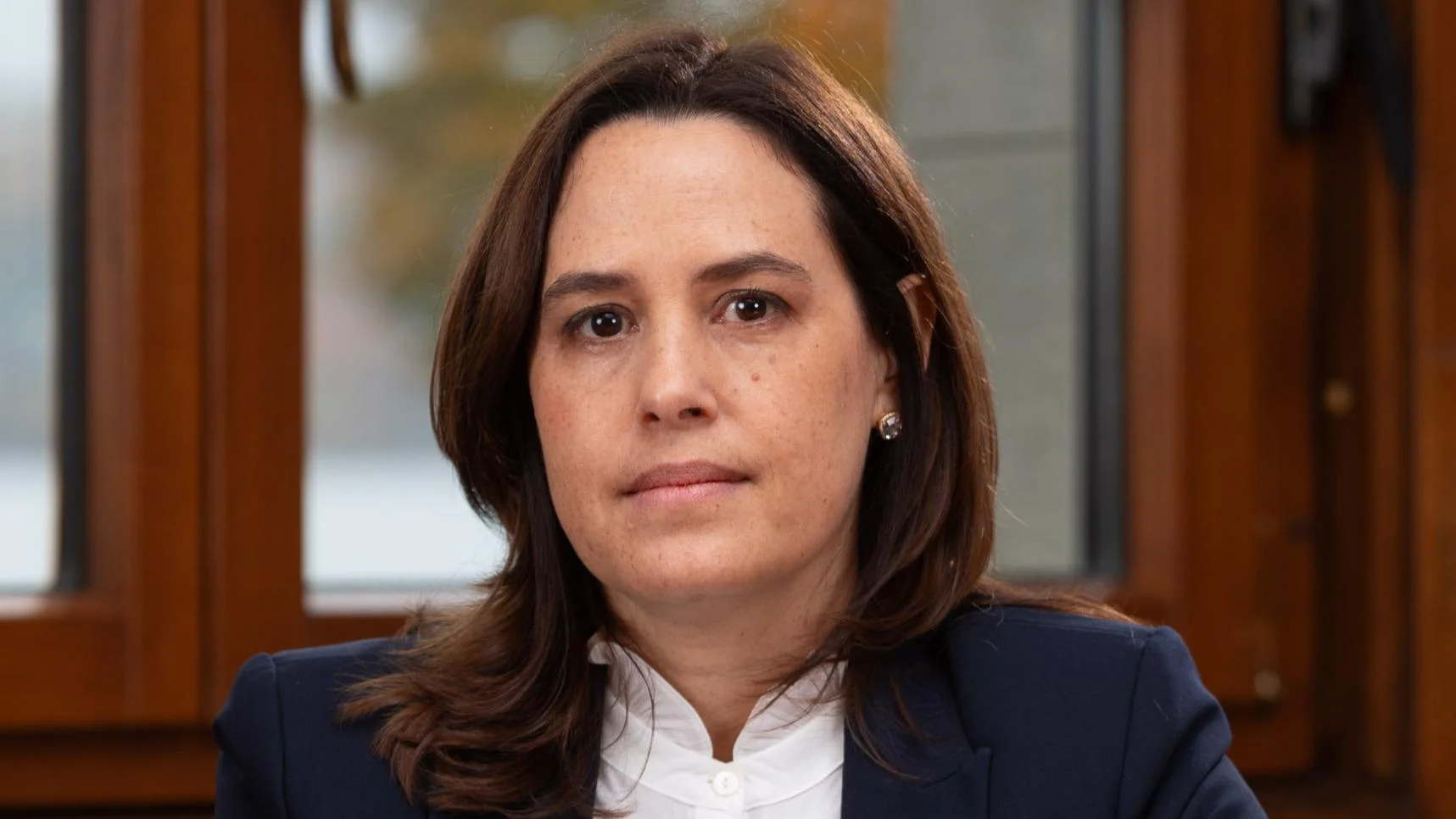The World Trade Organization (WTO) and the International Finance Corporation (IFC) have released a report on trade and supply chain finance (TSCF) in Central America and Mexico. The report indicates that TSCF supports varying percentages of goods trade in the region: 8% in Mexico, 12% in Guatemala, and 10% in Honduras. While some gains have been made in supply chain finance accessibility in these countries, the report highlights that only about a quarter of Mexican merchandise importers and exporters have access to financing, one of the lowest rates among surveyed economies.
The report suggests that expanding and diversifying the TSCF market could significantly boost trade in the region. It estimates that doubling TSCF coverage and aligning costs with advanced economy standards could increase trade by up to 8.9% in Honduras, 7.8% in Guatemala, and 7.4% in Mexico, possibly adding over USD 90 billion to the region's trade volume.
In her remarks at the report's launch, WTO Deputy Director-General Hill highlighted the collaboration's importance between the WTO and IFC. She referenced the Asian Development Bank's estimate of a USD 2.5 trillion global trade finance gap in 2023, affecting mainly developing economies. Hill noted that inadequate trade finance access creates prohibitive trade costs and dampens economic opportunities, especially for micro, small, medium-sized enterprises, and women-owned businesses.
This publication is the final installment of a series addressing trade finance in developing economies, following reports on West Africa in 2022 and the Mekong region in 2023-2024. The series aims to improve understanding of the trade finance ecosystem and identify existing gaps.
The joint work by WTO and IFC stems from their 2021 agreement, in which WTO Director-General Ngozi Okonjo-Iweala and IFC Managing Director Makhtar Diop committed to enhancing analytics and identifying trade finance gaps for better resource allocation.
Hill noted that in countries and regions analyzed, only a limited portion of trade benefits from trade and supply chain finance, compared to at least 60% in advanced economies. “In each of the regions we examined, trade finance was heavily concentrated. Too few banks directing too little finance towards a small group of well-established and large traders,” she said. Expanding trade finance coverage is expected to increase trade flows and offer better geographic trade diversification.
Looking forward, DDG Hill emphasized the WTO's ongoing efforts in trade finance, investment facilitation, and implementing its Trade Facilitation Agreement to lower international trade costs. She pointed out the importance of digital technologies in making emerging economies more competitive. “We remain at our members’ disposal for promoting trade finance solutions and engaging in expert discussions, such as today’s, with support from multilateral development banks and development financial institutions,” DDG Hill said. She added that these efforts aim to bridge trade finance gaps and encourage economic diversification and digital transformation.
The report includes policy recommendations for strengthening supply chain markets via regulatory harmonization, digital innovation, improved risk assessments, and enhanced access for small and women-owned firms. International bodies and development banks can contribute with capacity building, liquidity support, and risk-sharing facilities.
The launch featured a report presentation and a panel discussion involving representatives from the WTO, IFC, the International Chamber of Commerce (ICC), the Mexican government, and the Instituto Tecnológico Autónomo de México (ITAM), a member of the WTO Chairs Programme.
The publication is available for access online.

